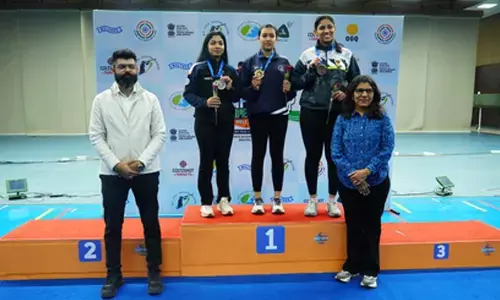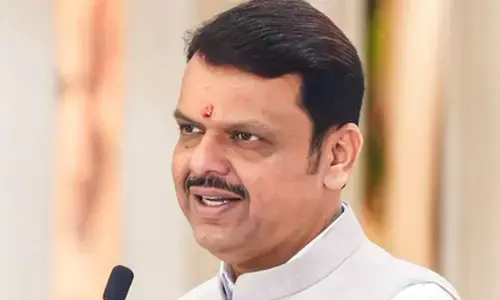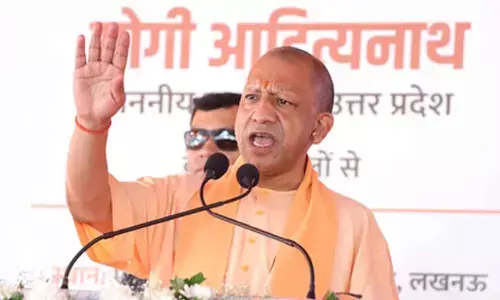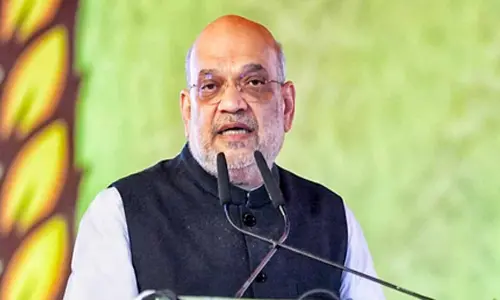Census 2021 will collect data on OBCs
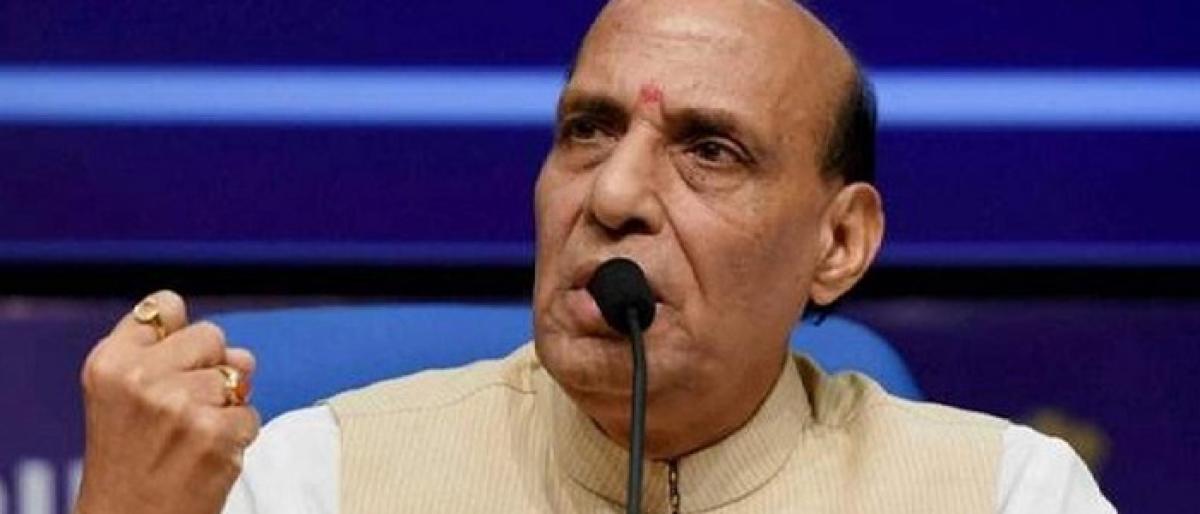
Census 2021 will for the first time in independent India collect data on Other Backwards Castes OBCs, a move considered politically significant ahead of the 2019 Lok Sabha elections
Census 2021 will for the first time in independent India collect data on Other Backwards Castes (OBCs), a move considered politically significant ahead of the 2019 Lok Sabha elections.
The then V P Singh government had announced 27 per cent reservation for OBCs based on the Mandal Commission recommendation, which was broadly prepared on the basis of the country’s last castes data collected in the 1931 census.
The disclosure of the decision to collect the OBC data came after Union Home Minister Rajnath Singh reviewed the preparation for the Census 2021.
“It is envisaged to collect data on OBCs for the first time,” a Home Ministry spokesperson said.
The National Sample Survey Organisation (NSSO), a wing of the Ministry of Statistics and Programme Implementation, had announced a sample survey report on the country’s population in 2006 and suggested that the OBC population in the country is around 41 per cent of the total population.
The NSSO had enumerated 79,306 households in rural areas and 45,374 in urban regions.
The ruling Bhartiya Janata Party (BJP) is expected to highlight the decision to collect OBC data in the 2021 census in the run up to the 2019 Lok Sabha polls as several OBC groups have been demanding for it for long.
In 2011, the United Progressive Alliance (UPA) government had conducted the Socio Economic and Caste Census and its findings were released on July 3, 2015 by the present National Democratic Alliance (NDA) government.
Subsequently, on July 28, 2015, the government had said that a total of 8.19 crore errors were found in the caste particulars, of which 6.73 crore errors were rectified. However, 1.45 crore errors are yet to be rectified.
The home ministry spokesperson said the census 2021 will be finalised in three years after conducting the census instead of the current seven to eight years period.
In today’s review meeting, the home minister discussed the road map for undertaking the census in 2021. It was emphasised that improvements in design and technological interventions be made to ensure that the data was finalised within three years of the census being conducted.
At present, it takes seven to eight years to release the complete data. Nearly 25 lakh enumerators are trained and engaged for the gigantic exercise. Accurate collection of data will be ensured in Census 2021, an official said.
The use of maps and geo-referencing at the time of house listing is also under consideration.
Singh also stressed the need for improvement in the civil registration system, especially registration of births and deaths in remote areas, and strengthening sample registration system for estimating data such as Infant Mortality Rate, Maternal Mortality Ratio and Fertility Rate.








